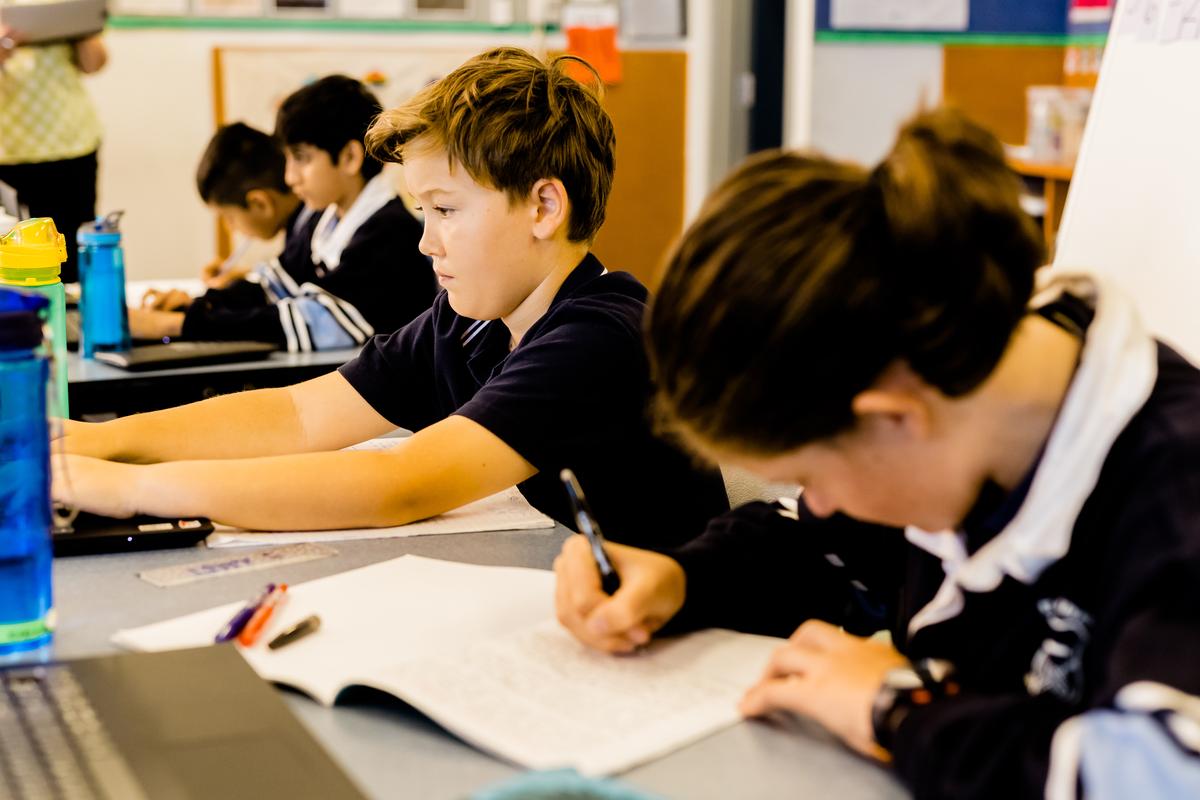English

English Update
Dear Parents and Carers,
I hope everyone is keeping well! We are fast approaching the end of what has been a very busy term. We know students will appreciate the holiday break to recharge and spend some nice family time together. Please read through for an update on our English Learning Area.
Victorian Premier's Reading Challenge
The Victorian Premier's Reading Challenge has now begun and will run until September of this year. We encourage all students at school to get involved with this initiative! Parents, please see the note from Mrs Sansalone in this newsletter for further details on how to participate.
Writing Assessment
As flagged in my previous newsletter Item, across the school all students completed a Narrative Writing Assessment. For our Year Three and Four students these stories were uploaded and assessed by teachers across the globe. This data has since been returned to us, and we are very proud of our students' results!
This data will now be used to compare to the writing pieces in each of our other year levels. This will further identify students who need support or extension in certain areas. Having this data also assists our classroom teachers in what to focus on through their teaching. For example, paragraphing will be an area of focus in Year Three and Four next term. Our students have many interesting and expressive ideas, they may just need a reminder to separate them in their written texts!
Writing at Home
Last newsletter I passed on some tips from academic Kaye Lowe from her article 'A Parents Guide to Helping Children with Reading and Writing at Home'.
Those particular tips were for reading strategies, so I thought I would now pass on some about writing at home. Please feel free to use some of these if you are not already.
- Encourage children to write, write, write! Provide many opportunities such as writing the shopping list, sending letters and cards to friends and relations, writing emails, keeping a diary, publishing personal stories, labelling photos in the family album and leaving notes.
- Give children opportunities to read their stories aloud (while you sit back and listen). Listen with a focus on the message they express. Comment on what they have done well, for example: ‘I enjoyed how you used interesting words such as X, Y, Z.’ ‘The character you created seems so real. I can imagine how he looks.’ Leave comments about spelling, punctuation, and grammar to another time.
- Draw children’s attention to how writing is presented, for example, on brochures, billboards, books, and electronic media — these are models of writing for real purposes.
- Provide a quiet place for writing with lots of writing materials. Leave notes for each other, write poems for your children, and send messages in lunch containers. Play writing games, for example, one person writes the beginning, another the middle and the other the end of a family story. Write together.
Happy reading and writing in the holidays to all of our students and families!
Tim O'Mahoney
English Leader
tomahoney@santglen.catholic.edu.au


